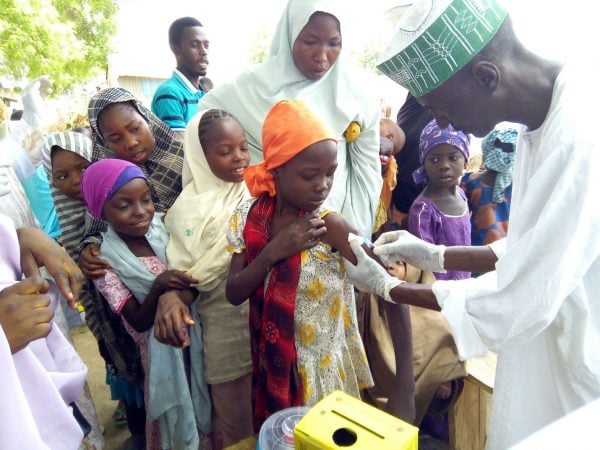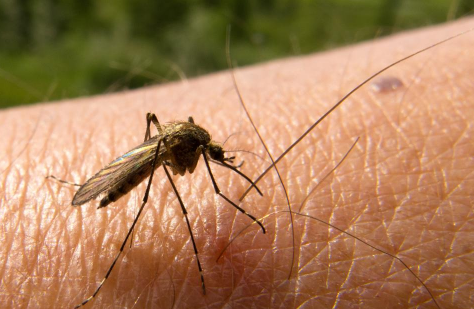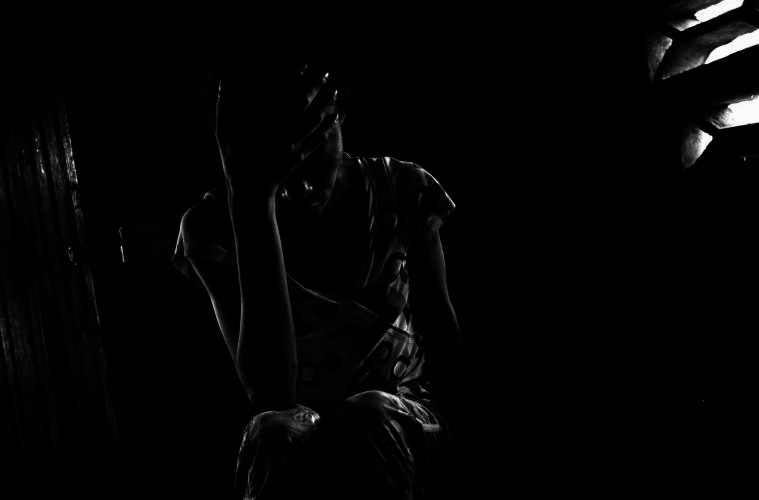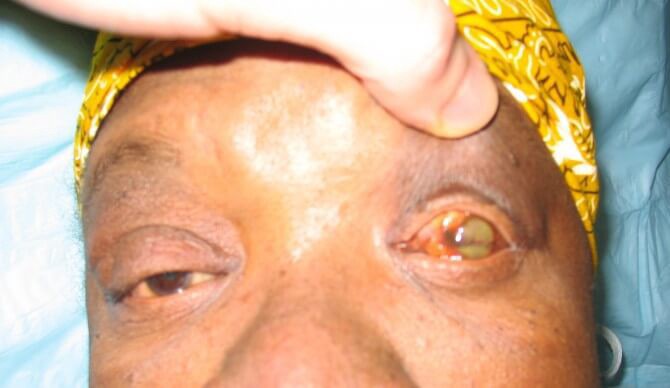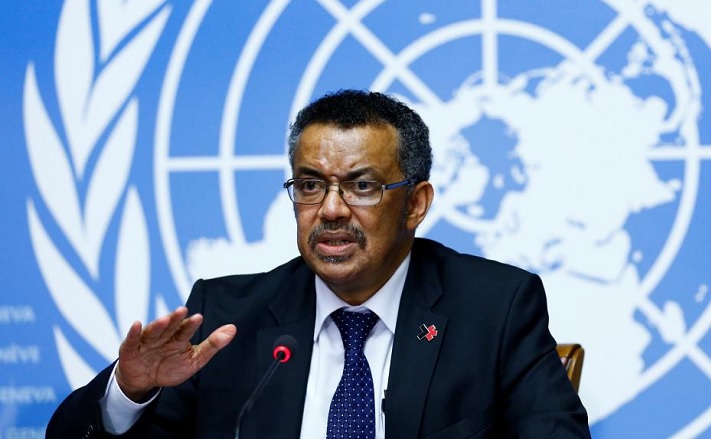Reactive vaccination campaign in Sokoto State during the 2016/2017 Meningitis outbreak
The United Nations International Children’s Fund (UNICEF) says about 4.3 million children do not benefit from vaccinations every year.
Mohamed Malick Fall, UNICEF representative in Nigeria, made this known in a statement on Monday.
He said the recent multiple indicator cluster survey conducted by Nigeria government in 2016/17 shows that only one in four children in the country receive all the recommended vaccines.
He said immunisation coverage for pentavalent vaccine between the 36 states varies dramatically from 80 percent in Lagos to three percent in Sokoto and is still below the recommended global goal of 90 percent.
Advertisement
Fall disclosed that children who have never been vaccinated are at the greatest risk of contracting diseases such as measles, whooping cough, and tetanus, which may be fatal or lead to long-term debilitating effects on survivors.
According to him, poverty, overcrowding, poor hygiene and sanitation as well as insufficient nutrition and healthcare increase the risk of diseases such as pneumonia and measles; diseases that are easily preventable with vaccines.
Fall said: “Nigeria has made great strides in reducing deaths of under 5-year-old children from 158 to 120 per 1,000 births between 2011 and 2016. Yet, during the same period, the coverage of the main vaccines offered through routine immunisation has declined.
Advertisement
“All girls and boys, no matter where they live or what their situations are, have the right to survive and thrive, safe from deadly diseases.
“Vaccination acts as a shield, keeping families and communities safe. By vaccinating children, we are protecting the most vulnerable members of the communities.”
Fall said millions of lives can be saved by extending basic health services, like routine immunisation to the most vulnerable and disadvantaged children.
He said the Nigerian government has developed an ambitious 10-year national immunisation and primary health care systems strengthening plan that aims to reverse the current negative trends.
Advertisement
“Immunisation is one of the most powerful and most cost-effective health interventions,” he said.
“UNICEF and its partners continue to stand firm with the government to ensure that the lives of children are protected.”
Add a comment

